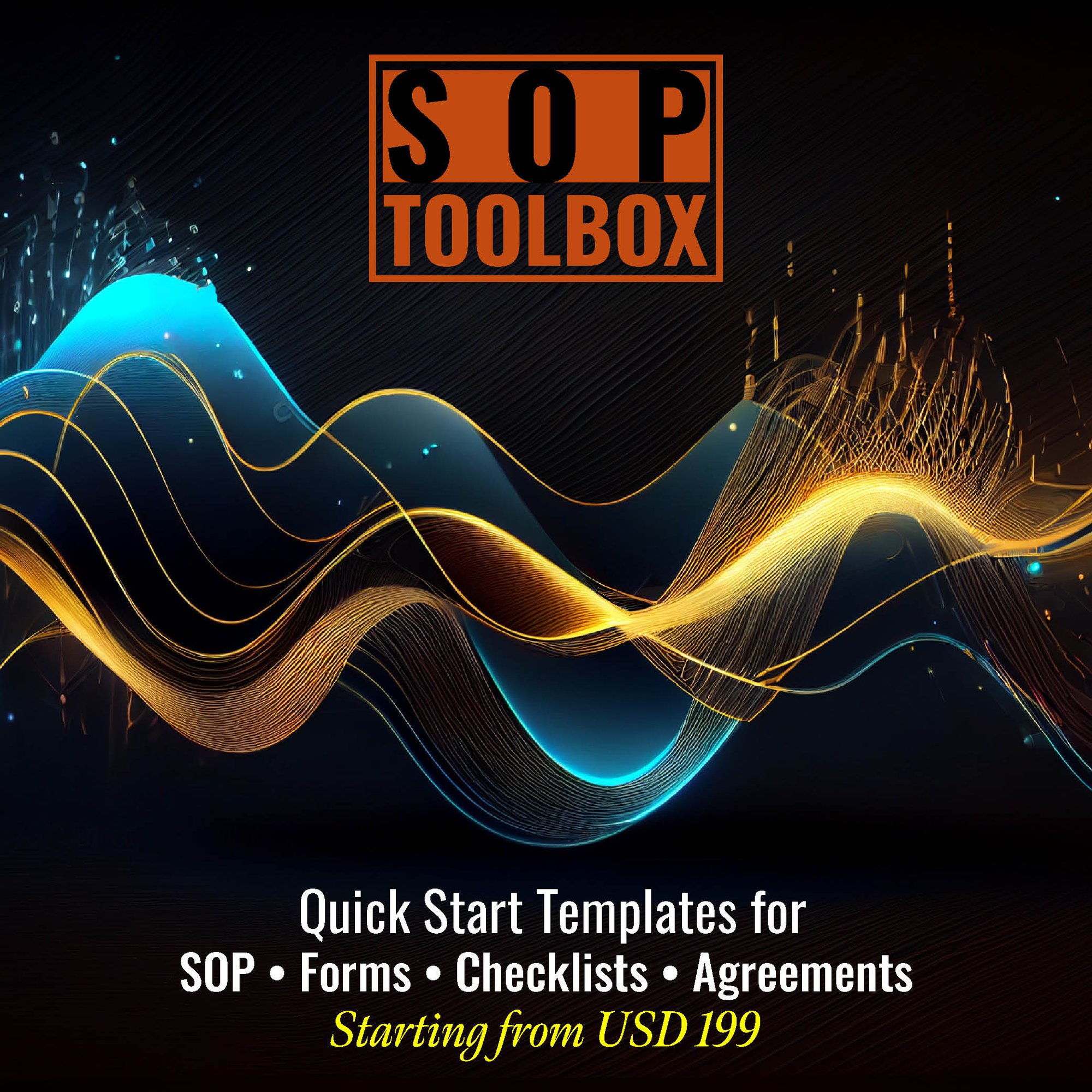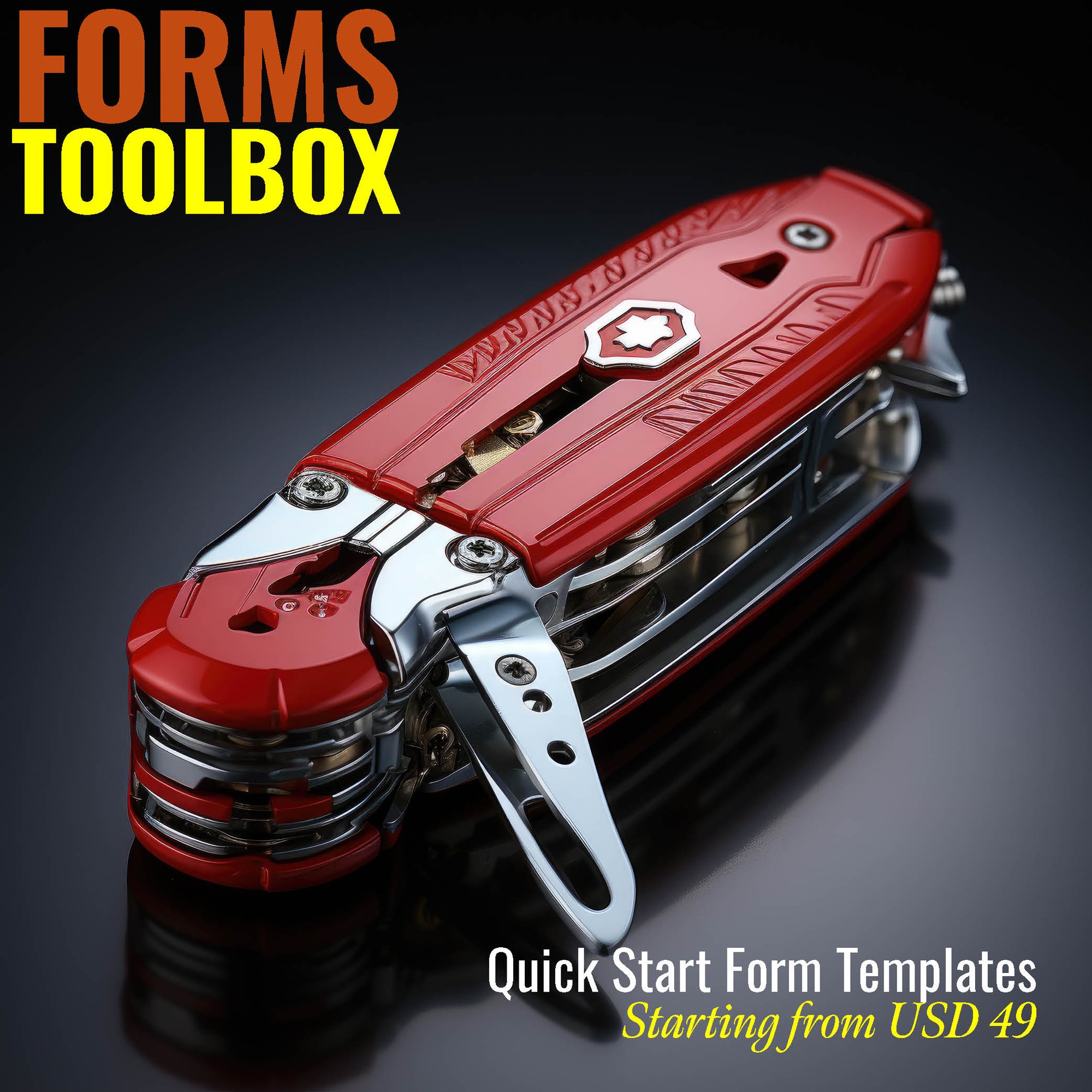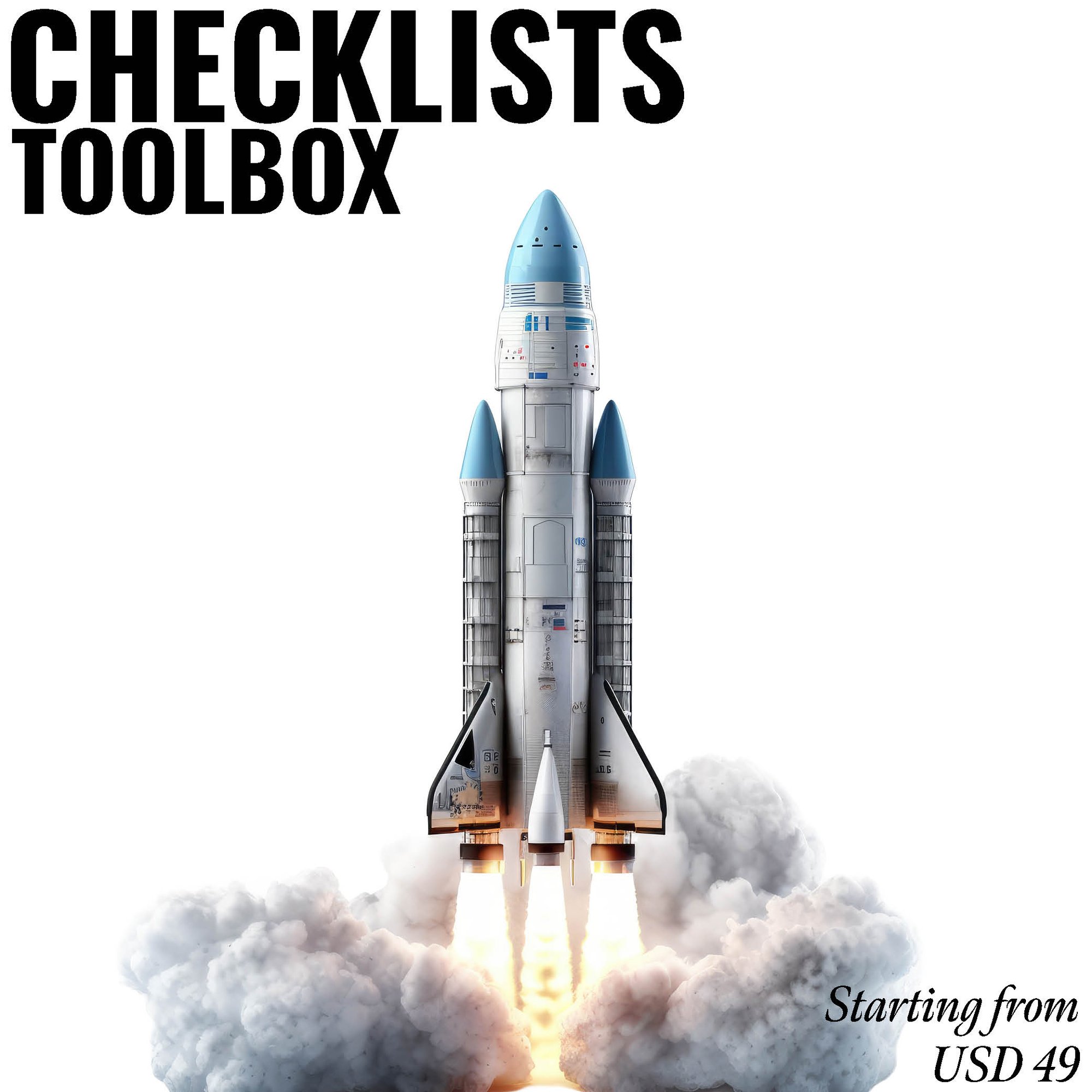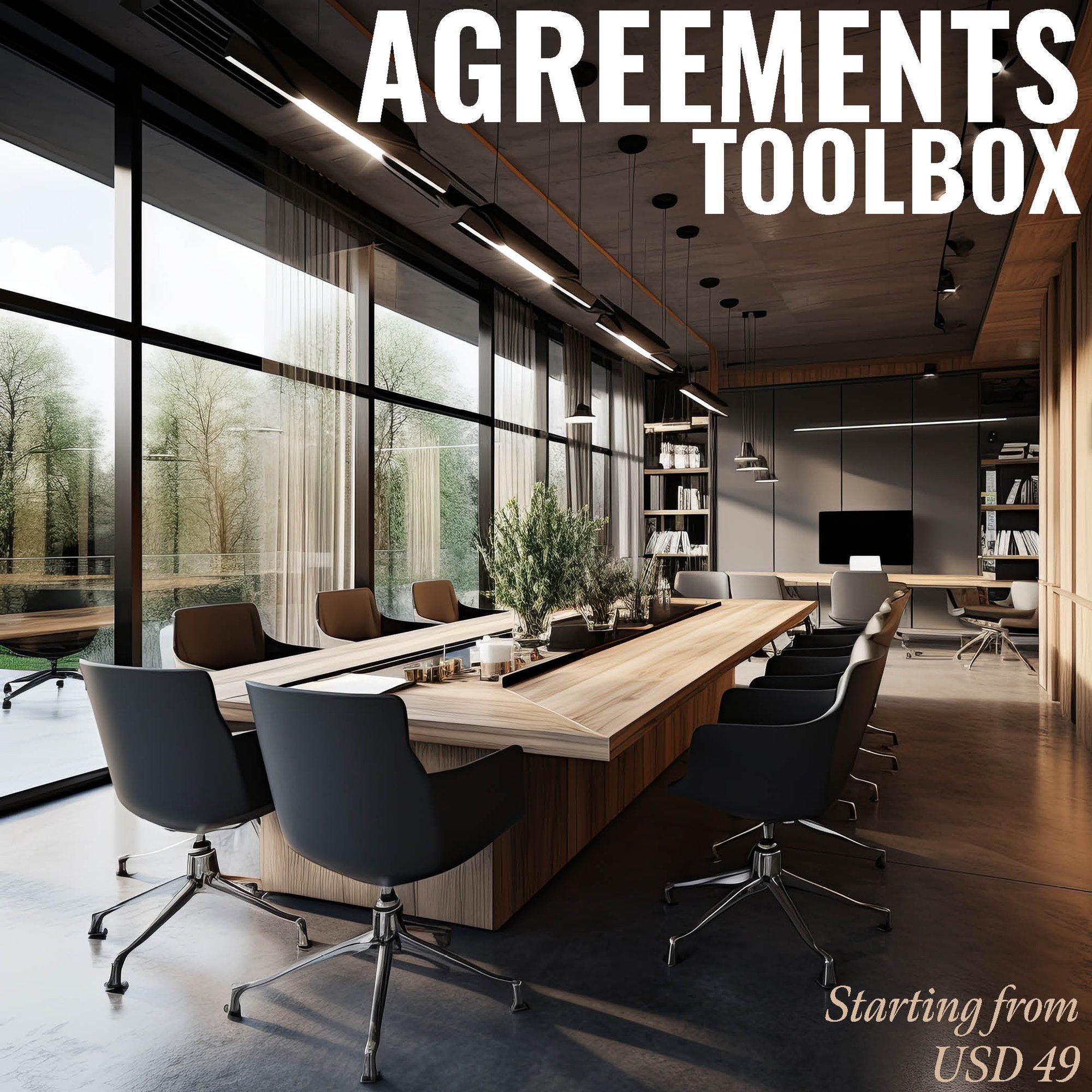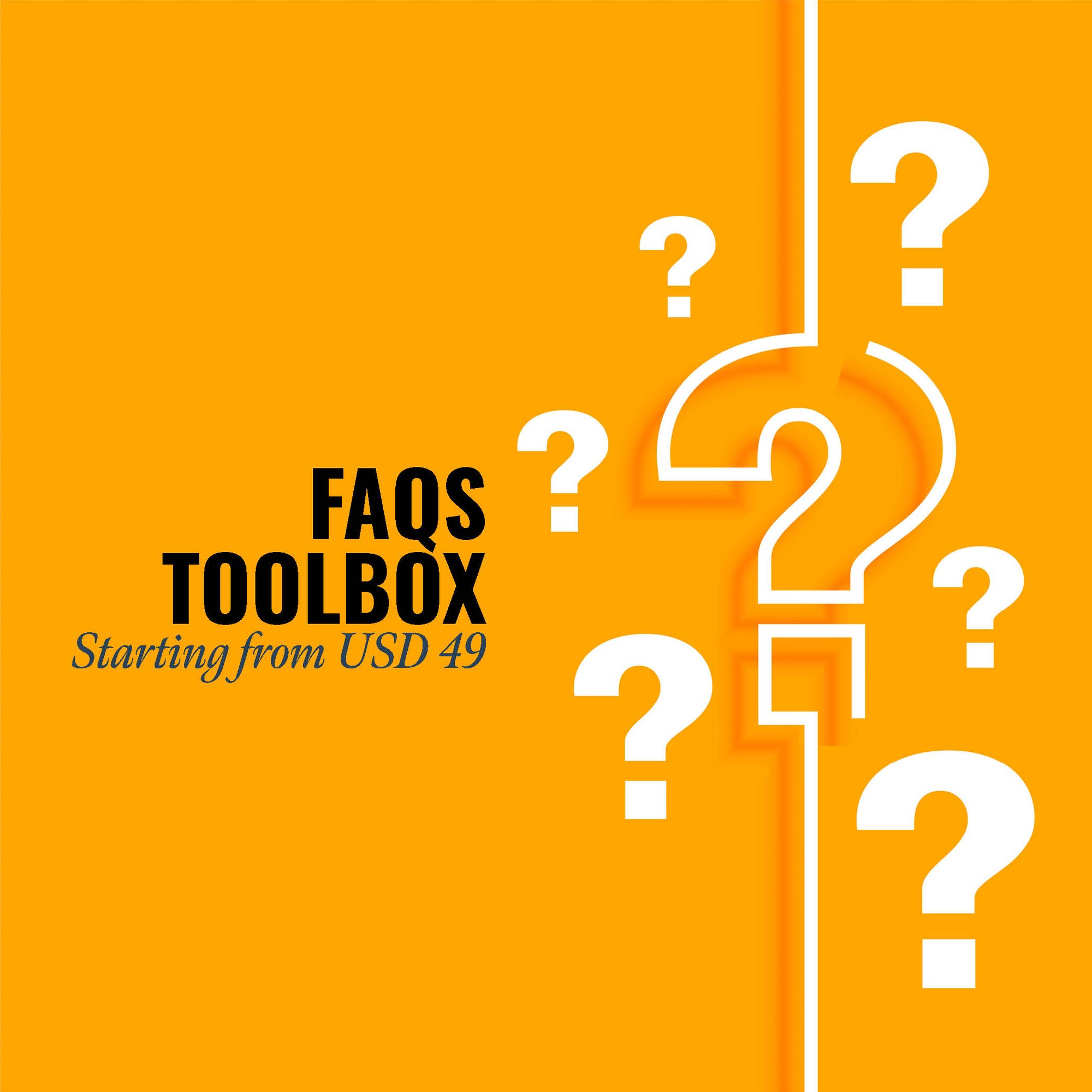The "Other Waste Collection SOP Manual" holds a position of high priority within the waste management sector, guiding professionals in the collection of various types of waste. Its paramount importance lies in establishing standardized procedures for waste collection, transportation, and disposal. This manual becomes a foundational resource for employee training, expediting onboarding processes, and ensuring a consistent understanding of safety protocols and operational best practices. Moreover, the SOP manual contributes significantly to risk management, addressing potential hazards associated with waste collection and disposal. It prioritizes regulatory compliance, helping organizations adhere to environmental standards and waste disposal regulations. By providing a structured framework, the manual enhances the efficiency of waste collection operations, minimizing environmental impact and promoting a safe and sustainable waste management process. Ultimately, the "Other Waste Collection SOP Manual" takes precedence in fostering operational excellence, safety, and environmental responsibility within the waste collection industry.
CLICK HERE to download the List of SOPs Document in PDF format. Please share this document with your clients, colleagues and senior officers.
Top 50 Standard Operating Procedures (SOPs) for Waste Collection
SOP-212-001: Standard Operating Procedure for Route Planning and Optimization
SOP-212-002: Standard Operating Procedure for Vehicle Inspection and Maintenance
SOP-212-003: Standard Operating Procedure for Driver Training and Certification
SOP-212-004: Standard Operating Procedure for Waste Bin Distribution
SOP-212-005: Standard Operating Procedure for Residential Waste Collection
SOP-212-006: Standard Operating Procedure for Commercial Waste Collection
SOP-212-007: Standard Operating Procedure for Industrial Waste Collection
SOP-212-008: Standard Operating Procedure for Hazardous Waste Collection
SOP-212-009: Standard Operating Procedure for Green Waste Collection
SOP-212-010: Standard Operating Procedure for Recycling Collection

SOP-212-011: Standard Operating Procedure for Bulk Waste Pickup
SOP-212-012: Standard Operating Procedure for Special Event Waste Management
SOP-212-013: Standard Operating Procedure for Construction and Demolition Waste
SOP-212-014: Standard Operating Procedure for Electronic Waste Collection
SOP-212-015: Standard Operating Procedure for Sharps and Medical Waste Collection SOP-212-016: Standard Operating Procedure for Roll-off Container Services
SOP-212-017: Standard Operating Procedure for Skip Hire Services
SOP-212-018: Standard Operating Procedure for Temporary Bin Placement
SOP-212-019: Standard Operating Procedure for Waste Sorting and Segregation
SOP-212-020: Standard Operating Procedure for Contaminated Waste Handling
SOP-212-021: Standard Operating Procedure for Collection Frequency Planning
SOP-212-022: Standard Operating Procedure for Collection Time Windows
SOP-212-023: Standard Operating Procedure for Customer Communication
SOP-212-024: Standard Operating Procedure for Billing and Invoicing
SOP-212-025: Standard Operating Procedure for Customer Complaint Resolution
SOP-212-026: Standard Operating Procedure for Service Area Expansion
SOP-212-027: Standard Operating Procedure for New Customer Onboarding
SOP-212-028: Standard Operating Procedure for Waste Collection Software Usage
SOP-212-029: Standard Operating Procedure for GPS Tracking Systems
SOP-212-030: Standard Operating Procedure for Emergency Collection Services

SOP-212-031: Standard Operating Procedure for Weather-related Protocols
SOP-212-032: Standard Operating Procedure for Equipment Calibration
SOP-212-033: Standard Operating Procedure for Environmental Compliance
SOP-212-034: Standard Operating Procedure for Health and Safety Measures
SOP-212-035: Standard Operating Procedure for Employee Training and
Development
SOP-212-036: Standard Operating Procedure for Waste Collection Crew Management
SOP-212-037: Standard Operating Procedure for Personal Protective Equipment (PPE) Usage
SOP-212-038: Standard Operating Procedure for Waste Collection Vehicle Cleaning
SOP-212-039: Standard Operating Procedure for Recycling Facility Coordination
SOP-212-040: Standard Operating Procedure for Waste Diversion Programs
SOP-212-042: Standard Operating Procedure for Educational Initiatives
SOP-212-043: Standard Operating Procedure for Waste Collection Analytics
SOP-212-044: Standard Operating Procedure for Public Relations
SOP-212-045: Standard Operating Procedure for Continuous Improvement Initiatives
SOP-212-046: Standard Operating Procedure for Vendor Relationship Management
SOP-212-047: Standard Operating Procedure for Budgeting and Expense Control
SOP-212-048: Standard Operating Procedure for Fleet Replacement Planning
SOP-212-049: Standard Operating Procedure for Waste Collection Audits
SOP-212-050: Standard Operating Procedure for Waste Collection Performance Metrics

.jpg?width=645&height=337&name=Standard%20Operating%20Procedure%20-%20SOP%20ToolBox%20(1).jpg)
SOP ToolBox: If you are reading these lines, I am sure you are looking for Standard Operating Procedure guidelines or SOPs itself. In both the cases, searching in internet will not be yielding any great help. Because no company shares their SOP Development Process and certainly don’t share their SOP Documents. The best way to develop an SOP is creating one for yourself. At Fhyzics, we write SOPs day-in and day-out for companies across the globe including some of the Fortune 500 organisations. Our charge ranges from USD 5000 to USD 50000 depending upon the number of processes to be covered. Certainly, this is not affordable to small and mid-size organisations. Hence, we decided to create this SOP ToolBox to disseminate our 8-Step SOP Development Life-Cycle and best practices at an unbelievably low price.
I always say, writing an SOP is somewhere between art and science. So far you may be clueless on where to start and how to progress on an SOP? This will not be the case after you diligently go through this SOP ToolBox. We have summarised all our secrets here to get you started and to deliver a stunning SOP to your management.
Industry’s Subsector:
- Brush collection services
- Brush hauling, local
- Brush removal services
- Debris removal services
- Rubble hauling, local
- Rubble removal services
- Waste collection services
- Waste hauling, local
- Solid Waste Generation
- Solid Waste Collection
- Transportation
- Storage
- Segregation of Wastes
- Home Separation for Recycling
- Disposal Method
- Hand scrapers, shovels, brooms, washers
- Tractor scraper blades
- Lawn and garden size tractor scraping
- Tractor front-end loaders
- Skidsteer and articulated loaders
- All-wheel drive front-end loader
- Motor grader
- Elevating type box scrapers
- Mechanical scrapers for gutters and alleys
- Conveyors and stackers
- Flushed gutters and alleys
- Air-pressure and vacuum waste pumping
- Piston-plunger pumps
- Storage interior accessing
- Storage exterior accessing
- Storage fencing with gates
- Covers, drainage, and runoff control
- Agitators, stirrers, mixers
- Aerators
- Separators
- Dehydrator, incinerator, renderors
- Hauled waste spreading equipment
- Soil injection waste spreading equipment
- Pumped waste spreading
- Biogas production equipment
- Safety protection equipment
- Gases and confined space entry
- Odor detection/measurement equipment
- International Organization for Standardization- TC 297- https://www.iso.org/committee/5902445.html
- International Organization for Standardization- 13.030- https://www.iso.org/ics/13.030/x/
- ASTM International- C1571-03(2012)- https://www.astm.org/Standards/C1571.htm#:~:text=ASTM%20C1571%20%2D%2003(2012),for%20Thermal%20Treatment%20(Withdrawn%202018)
- The International Solid Waste Association- https://www.iswa.org/
- Waste & Recycling Industry Associations- https://wasteadvantagemag.com/industry-associations/
- Covanta| New Jersey, United States| http://www.covanta.com/
- Biffa| Buckinghamshire, United Kingdom| https://www.biffa.co.uk/
- Veolia| Aubervilliers, France| https://www.veolia.com/en
- SUEZ|Paris, France| https://www.suez.com/en
- Waste Management | Texas, United States| http://www.wm.com/
- Hitachi Zosen Corporation|Osaka, Japan| http://www.hz-inova.com/cms/
- Clean Harbors|Massachusetts, United States| http://www.cleanharbors.com/
- Remondis| Lünen, Germany| https://www.remondis.com/en/home/
- ADS| Florida, United States| https://www.advanceddisposal.com/
- Republic Services| Arizona, United States| http://www.republicservices.com/
- Waste Advantage Magazine- https://wasteadvantagemag.com/
- Waste Today Magazine- https://www.wastetodaymagazine.com/
- Resource Recycling Magazine- https://resource-recycling.com/recycling/magazine/
- Journal-Waste Management| Elsevier- https://resource-recycling.com/recycling/magazine/
- Waste360 Magazine- https://www.waste360.com/waste360-magazine
- Recent Waste Management Articles| Elsevier- https://www.journals.elsevier.com/waste-management/recent-articles
Our SOP Templates’ clients are from the following States and Countries:
Alabama, Alaska, Arizona, Arkansas, California, Colorado, Connecticut, Delaware, Florida, Georgia, Hawaii, Idaho, Illinois, Indiana, Iowa, Kansas, Kentucky, Louisiana, Maine, Maryland, Massachusetts, Michigan, Minnesota, Mississippi, Missouri, Montana, Nebraska, Nevada, New Hampshire, New Jersey, New Mexico, New York, North Carolina, North Dakota, Ohio, Oklahoma, Oregon, Pennsylvania, Rhode Island, South Carolina, South Dakota, Tennessee, Texas, Utah, Vermont, Virginia, Washington, West Virginia, Wisconsin, Wyoming.
Afghanistan, Albania, Algeria, Andorra, Angola, Antigua and Barbuda, Argentina, Armenia, Australia, Austria, Azerbaijan, Bahamas, Bahrain, Bangladesh, Barbados, Belarus, Belgium, Belize, Benin, Bhutan, Bolivia, Bosnia and Herzegovina, Botswana, Brazil, Brunei Darussalam, Bulgaria, Burkina Faso, Burundi, Cabo Verde, Cambodia, Cameroon, Canada, Central African Republic, Chad, Chile, China, Colombia, Comoros, Congo (Republic of the), Costa Rica, Croatia, Cuba, Cyprus, Czech Republic (Czechia), Democratic People’s Republic of Korea (North Korea), Democratic Republic of the Congo, Denmark, Djibouti, Dominica, Dominican Republic, Ecuador, Egypt, El Salvador, Equatorial Guinea, Eritrea, Estonia, Eswatini, Ethiopia, Fiji, Finland, France, Gabon, Gambia, Georgia, Germany, Ghana, Greece, Grenada, Guatemala, Guinea, Guinea-Bissau, Guyana, Haiti, Honduras, Hungary, Iceland, India, Indonesia, Iran, Iraq, Ireland, Israel, Italy, Jamaica, Japan, Jordan, Kazakhstan,Kenya, Kiribati, Kuwait, Kyrgyzstan, Lao People’s Democratic Republic (Laos), Latvia, Lebanon, Lesotho, Liberia, Libya, Liechtenstein, Lithuania, Luxembourg, Madagascar, Malawi, Malaysia, Maldives, Mali, Malta, Marshall Islands, Mauritania, Mauritius, Mexico, Micronesia (Federated States of), Moldova, Monaco, Mongolia, Montenegro, Morocco, Mozambique, Myanmar (Burma), Namibia, Nauru, Nepal, Netherlands, New Zealand, Nicaragua, Niger, Nigeria, North Macedonia (formerly Macedonia), Norway, Oman, Pakistan, Palau, Panama, Papua New Guinea, Paraguay, Peru, Philippines, Poland, Portugal, Qatar, Republic of Korea (South Korea), Republic of the Congo, Romania, Russian Federation (Russia), Rwanda, Saint Kitts and Nevis, Saint Lucia, Saint Vincent and the Grenadines, Samoa, San Marino, Sao Tome and Principe, Saudi Arabia, Senegal, Serbia, Seychelles, Sierra Leone, Singapore, Slovakia, Slovenia, Solomon Islands, Somalia, South Africa, South Sudan, Spain, Sri Lanka, Sudan, Suriname, Sweden, Switzerland, Syrian Arab Republic (Syria), Tajikistan, Thailand, Timor-Leste, Togo, Tonga, Trinidad and Tobago, Tunisia, Turkey, Turkmenistan, Tuvalu, Uganda, Ukraine, United Arab Emirates, United Kingdom of Great Britain and Northern Ireland, United Republic of Tanzania, United States of America, Uruguay, Uzbekistan, Vanuatu, Venezuela, Viet Nam, Yemen, Zambia, Zimbabwe.
Fhyzics supports organisations in developing the following documentations:
Standard Operating Procedures (SOPs), Work Instructions, Policies and Procedures, Process Flow Diagrams, Job Descriptions, Training Manuals, Employee Handbooks, Compliance Guidelines, Quality Assurance Manuals, Health and Safety Procedures, Risk Management Plans, Business Continuity Plans, Internal Audit Procedures, Incident Reporting Forms, Performance Management Guidelines, Change Management Procedures, Vendor Management Guidelines, Customer Service Protocols, IT Security Policies, IT Support Documentation, Disaster Recovery Plans, Operational Checklists, Data Management Policies, Confidentiality Agreements, Non-Disclosure Agreements, Employee Onboarding Procedures, Employee Exit Procedures, Performance Appraisal Forms, Employee Code of Conduct, Conflict Resolution Procedures, Product Development SOPs, Supply Chain Management Guidelines, Procurement Guidelines, Inventory Management SOPs, Shipping and Receiving Procedures, Production Scheduling SOPs, Maintenance Procedures, Equipment Calibration Documents, Environmental Compliance Documentation, Sustainability Policies, Customer Feedback Forms, Marketing Strategies, Advertising Guidelines, Brand Management Guidelines, Product Packaging SOPs, Laboratory Testing Procedures, Regulatory Compliance Documentation, Tax and Accounting Procedures, Contract Management Procedures, Legal Compliance Guidelines, Financial Reporting Procedures, Budgeting Procedures, Internal Control Procedures, Fraud Prevention Policies, Asset Management Guidelines, Purchase Order Procedures, Sales and Distribution Guidelines, Client Contracts, Customer Return Policies, Internal Communication Protocols, Vendor Evaluation Forms, Product Safety Standards, Workplace Health and Safety Standards, Public Relations Procedures, Social Media Management Guidelines, Crisis Management Plans, Employee Grievance Procedures, Privacy and Data Protection Policies, Digital Transformation Guidelines, Innovation Management Procedures, Continuous Improvement Guidelines, Strategic Planning Documents, Corporate Social Responsibility (CSR) Guidelines, Audit Trails and Records, Employee Training and Development Records, Succession Planning Documents, Talent Acquisition Procedures, Team Collaboration Protocols, Employee Benefit Plans, Workplace Diversity Guidelines, Time and Attendance Tracking, Payroll Procedures, Employee Leave Policies, Conflict of Interest Policy, Emergency Response Procedures, Environmental Impact Assessment Procedures, Transportation and Logistics Procedures, Inventory Control Forms, Warehouse Management Guidelines, Product Lifecycle Management SOPs, Customer Satisfaction Surveys, Third-Party Risk Assessment Guidelines, Technology Adoption Policies, Software Licensing Guidelines, Security Incident Response Procedures, Supply Chain Risk Management Policies, Product Recall Procedures, Food Safety Guidelines, Employee Wellness Programs, Workplace Ergonomics Guidelines.







